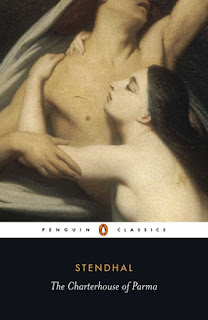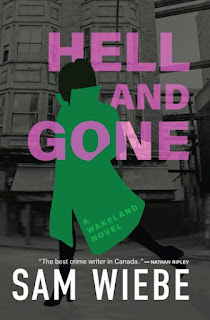 from a very young age. Today, Weiss is utterly fascinated with the convergence of Judaism and popular culture in film, television, comics, literature, and other media. After college, he became a freelance entertainment journalist, writing stories for SYFY WIRE, The Hollywood Reporter, Forbes, and Marvel Entertainment. He currently resides in Philadelphia with his fiancée, as well as an extensive collection of graphic T-shirts, movie posters, vinyl records, and a few books, of course.
from a very young age. Today, Weiss is utterly fascinated with the convergence of Judaism and popular culture in film, television, comics, literature, and other media. After college, he became a freelance entertainment journalist, writing stories for SYFY WIRE, The Hollywood Reporter, Forbes, and Marvel Entertainment. He currently resides in Philadelphia with his fiancée, as well as an extensive collection of graphic T-shirts, movie posters, vinyl records, and a few books, of course.
Weiss's new novel is Beat the Devils.
Recently I asked the author about what he was reading. Weiss's reply:
As of this writing, I’m still at the halfway point of the first Dune novel. This is about the third or fourth time I’ve tried finishing Frank Herbert’s massive sci-fi epic, and it’s gotten a bit easier since I switched from my Kindle to an actual hard copy.Follow Josh Weiss on Twitter.
The second two books in the original series — Dune Messiah and Children of Dune — are currently sitting on my shelf, awaiting theirturn beneath my gaze. A recent comment from my aunt boggled my mind: she said that she’ll often pick up Dune (an 800-page book, mind you) for some comfort reading every now and again.
Comfort?! She is a stronger person than I could ever be. In any case, I’m determined to finish before Denis Villeneuve’s next blockbuster adaptation comes out next year.
I’m too deep to quit now, damnit!
This isn’t to say Dune is bad novel — it’s just long (and very dense), and when you work the hours that I do, staring at a computer screen for hours at a time, the prospect of clearing 800 pages seems like trying to climb to the peak of Mount Everest without a single piece of climbing equipment. Maybe that's not the right metaphor. Here’s a better one: it’s like trying to mine melange on Arrakis without a spice harvester.
There, much better…
--Marshal Zeringue













